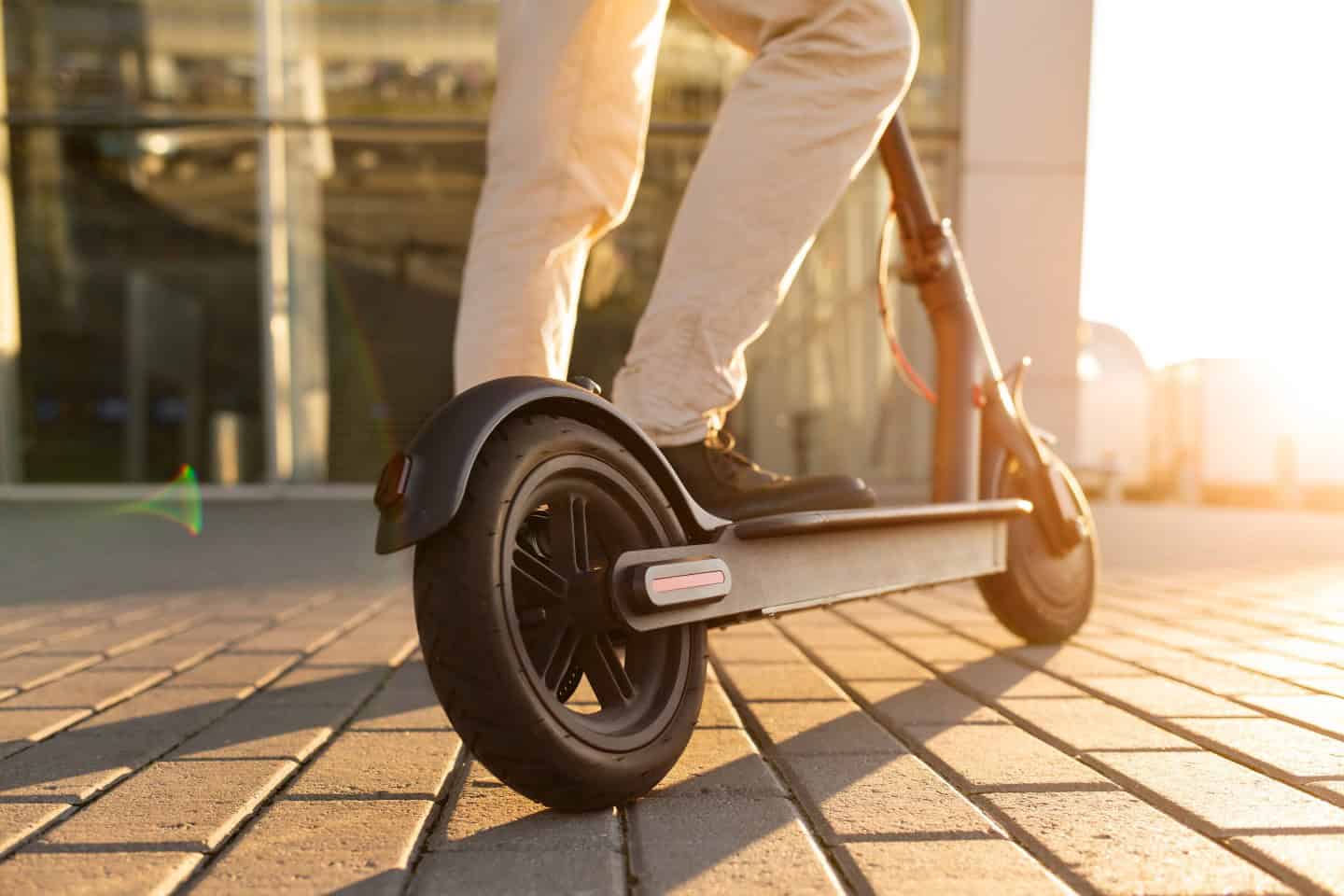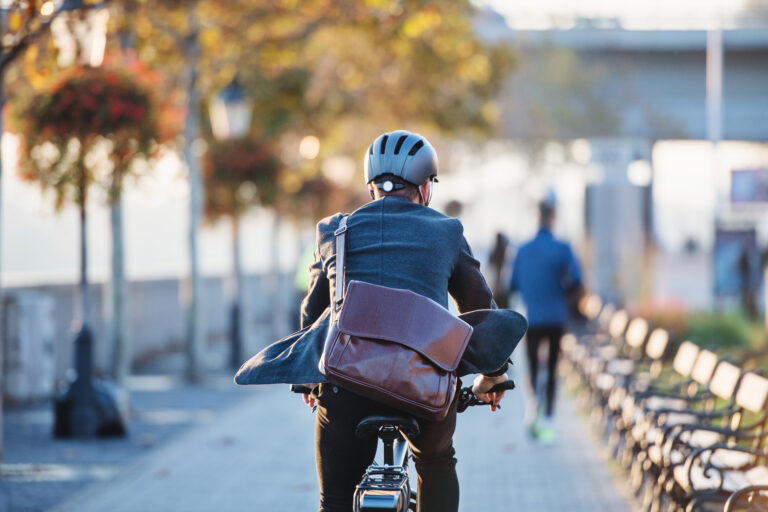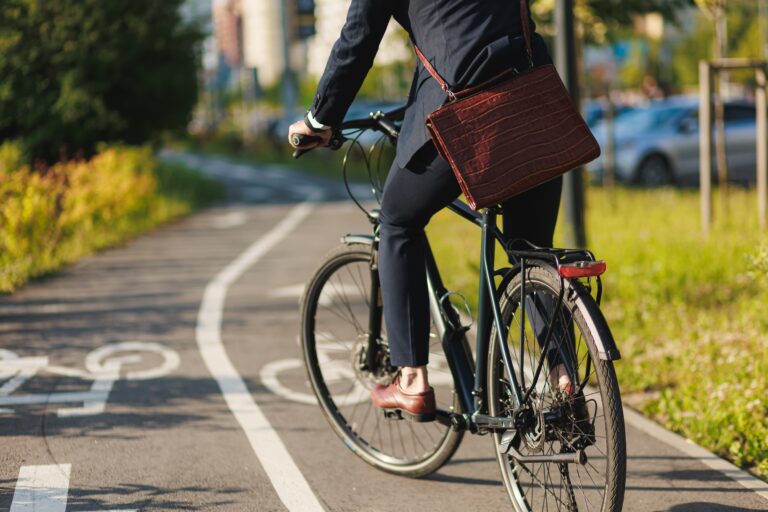
E-scooters: where is the legislation?
It has been over a year since the Transport Bill was announced in the Queen’s Speech in Parliament. Sadly, of course, a lot has happened in one year: we mourned the death of the late Queen, and we have seen three different Prime Ministers.
A year is a long time in politics, and it appears the ‘catch-all’ Transport Bill has fallen off the agenda. Whilst dealing with modernising the railways and various other transport related issues, crucially, the Transport Bill was going to deal with the long overdue issue of regulating e-scooters. It now seems that the content of the Transport Bill has been calved up, with the likes of the strike legislation going through on its own for example. Whilst Governments and their priorities can change, its important that issues such as these don’t fall through the gaps.
New figures from the Department for Transport, released in May, show the number of deaths and casualties from e-scooter collisions in the Great Britain in 2022. There were 1,458 collisions involving an e-scooter, and excluding e-scooter casualties themselves which make up 77% of this total, the majority of other casualties were pedestrians and cyclists.
Based on these figures alone, there is a clear need for action. Combine this with the patchwork nature of current legislation for e-scooters however, and the need for clarity is obvious.
Firstly, e-scooters are only accounted for under the Road Traffic Act 1988 as motor vehicles and as such, the associated requirements are difficult to apply to this new mode of transport. The proposed new category of vehicles accounting for e-scooters and other low speed, zero emission vehicles appeared to be a step in the right direction but now appears to have been placed on ice. As usual, technology is outpacing legislation, and we urgently need it to catch up. Secondly, it is legal to buy and sell private e-scooters, but it is illegal to ride them unless in a trial area in accordance with an approved rental scheme, or on private land with the permission of the landowner. Trials have been happening all over the country, and were due to end in summer 2021, but have been extended until 2024.
Until such time, it remains illegal to ride privately owned e-scooters on public roads. BBK act in several e-scooter claims whereby, for example, the motor insurers of Defendant drivers who have negligently caused injuries to e-scooter riders, are seeking to deny liability on “illegality” grounds. In this sense, we can see firsthand how the current legislative framework is causing confusion, uncertainty and risking the emergence of yet more satellite litigation. Even from an economic standpoint, the current status is likely to be affecting investment in the UK’s Micromobility industry.
Whilst there is persistent procrastination on e-scooter regulation, their popularity grows and the number of accidents is increasing every year. At BBK, we are passionate about effecting positive change, and we have long campaigned for legislation to properly regulate e-scooter use. Safety concerns are paramount, and steps can be taken to improve road safety by untangling the patchwork rules, and putting clear and simplified regulations in place. It is time for the Government to set down when laws will be introduced so that e-scooter manufacturers, retailers, insurers, and users alike can be clear on where they stand.










